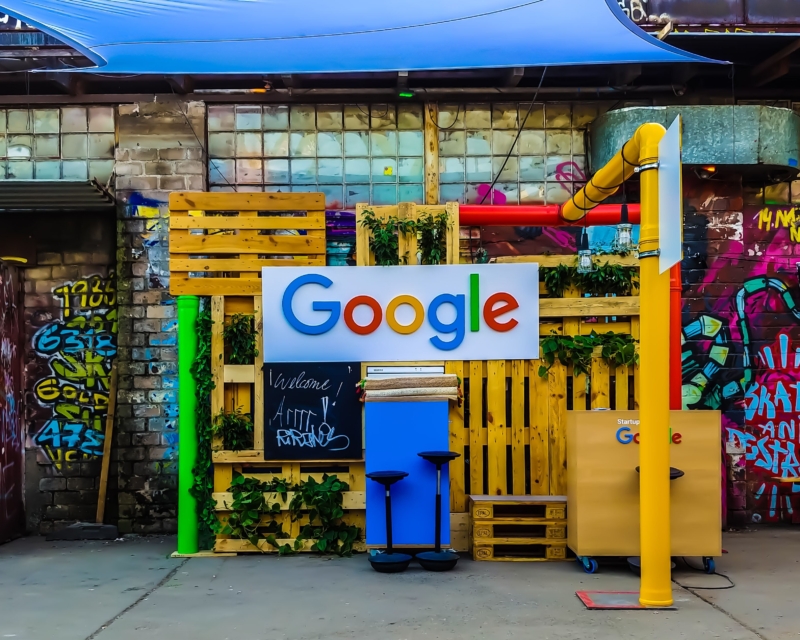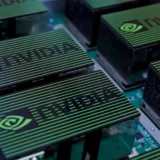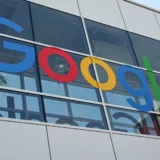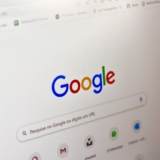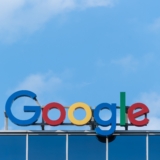Google Faces $7 Billion Lawsuit Over Alleged Intellectual Property Infringement in AI Development
Tech giant Google is heading to court over accusations of infringing on intellectual property rights in the development of its artificial intelligence (AI). Massachusetts-based computer science company Singular Computing has filed a lawsuit, alleging that Google illicitly used its proprietary computer-processing architecture to enhance its AI technology.
Singular Computing is seeking up to $7 billion in damages from Google, with the trial expected to last up to three weeks.
According to Singular Computing founder Joseph Bates, he had previously shared his proprietary computing developments with Google in 2010 and 2014. Bates claims that Google engineers, while expressing mixed feelings about the technology, ultimately rejected it, stating that it was not suitable for the type of applications Google was developing.
However, Bates now asserts that his technology is being used by Google to improve its suite of services, including AI-powered aspects of Gmail, web searches, Google Translate, and other products, all covered by his patents.
In response to the allegations, Google submitted a document to the court stating, “Singular’s patent claims are dubious and currently on appeal. They don’t apply to our Tensor Processing Units, which we developed independently over many years.” Google spokesperson José Castañeda added, “We look forward to setting the record straight in court.”
This legal dispute is the latest in a series of challenges for Google. Last month, the tech giant agreed to settle a lawsuit accusing it of secretly tracking millions of users’ internet use, even when they believed they were browsing in incognito mode. The lawsuit, filed in 2020 in the U.S. District Court Northern District of California, sought $5 billion in damages and covered “millions” of Google users. The terms of the settlement were not disclosed, but lawyers are expected to present a formal agreement to the court for approval by Feb. 24, 2024.
As the court proceedings unfold, Google finds itself navigating yet another legal battle, raising questions about the use of intellectual property in the rapidly evolving field of artificial intelligence.

